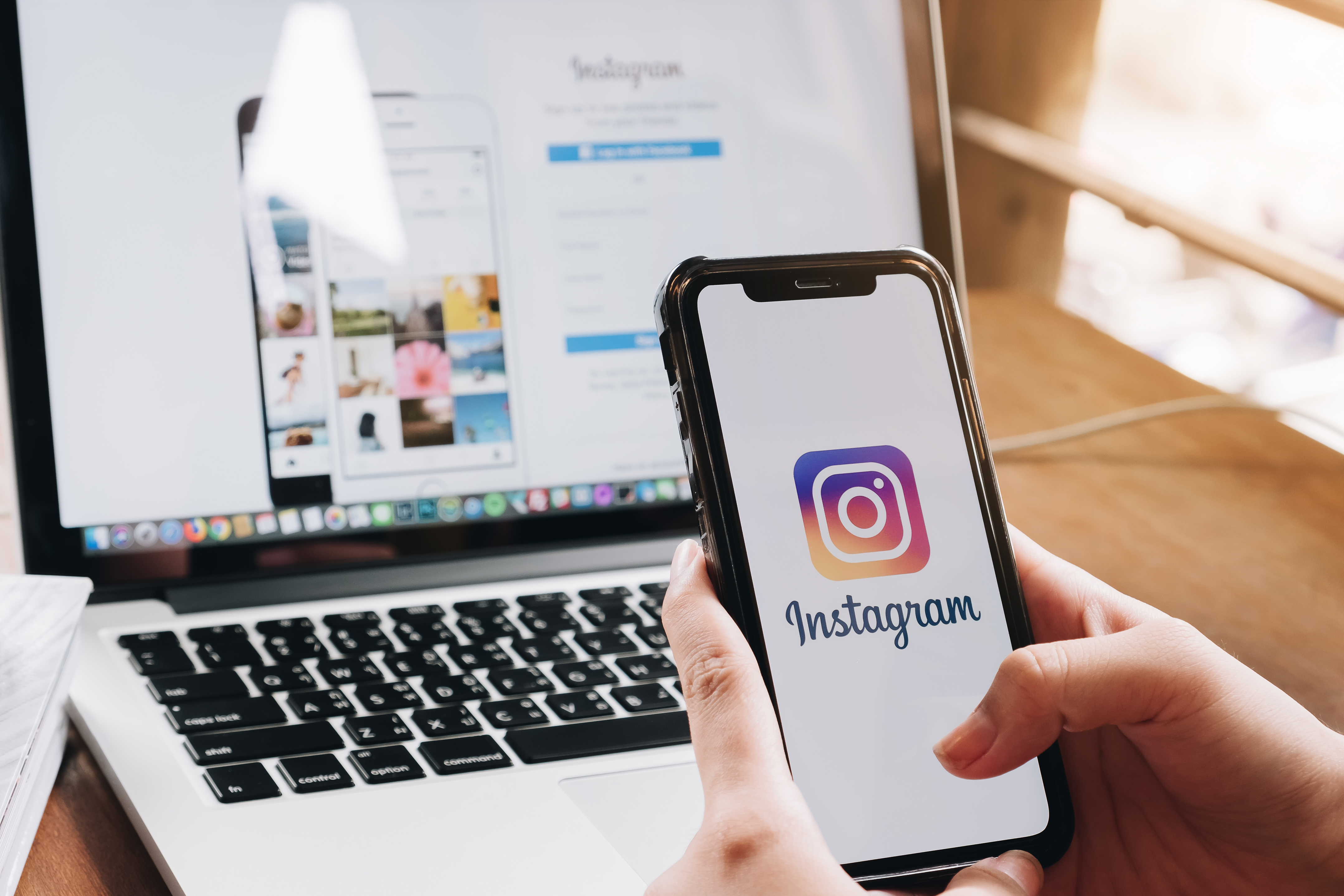
In an age where every scroll, click, and screen-time second counts, influencer marketing has emerged as a dominant player in the vast arena of digital advertising. But as with any powerful tool, its effectiveness and value have become subjects of debate. Is influencer marketing genuinely transformative, or is it just another fleeting trend?
Long before social media, there were influencers—celebrities, athletes, and public figures endorsing products. But the democratization of the internet gave birth to a new breed: the social media influencer. Platforms like Instagram, YouTube, and TikTok transformed everyday individuals into significant marketing assets, bridging the gap between brands and consumers.
Brands crave authenticity, and influencers often deliver. Their followers trust them, valuing their opinions on products and services. By partnering with influencers, brands can tap into pre-established trust, engage niche audiences, and leverage the power of personal recommendations.
However, it's not all rosy. Critics argue that influencer marketing can be superficial, with some influencers promoting products they don't genuinely use or believe in. There's also the risk of "influencer fatigue" as audiences become oversaturated with promotional content.
Quantifying the impact of an influencer campaign can be tricky. While metrics like engagement and conversion rates offer insights, they don't always paint a full picture. Brands must consider not only immediate returns but also long-term brand loyalty and recognition.
While traditional ads provide controlled messaging and broad reach, influencer marketing offers a more organic form of promotion. It's the difference between a brand saying, "We're the best!" and a trusted figure stating, "I love using this, and here's why."
Brands like Daniel Wellington and Gymshark skyrocketed to success by leveraging influencer partnerships. Their strategies centered on authentic storytelling and consistent branding, proving the immense potential of influencer collaborations.
Success in influencer marketing requires more than just selecting someone with a massive following. Brands must vet potential partners for alignment with their values, set clear campaign expectations, and maintain transparency to ensure genuine promotions.
The landscape is ever-evolving. With platform algorithms changing and the rise of micro-influencers, brands must remain adaptable. There's also a push towards more genuine, long-term partnerships rather than one-off promotions.
Influencer marketing, when done right, offers unparalleled advantages. But it's essential for brands to approach it strategically, ensuring authenticity and alignment. As with any marketing tool, its efficacy depends on how it's wielded.
For those keen to explore more:


